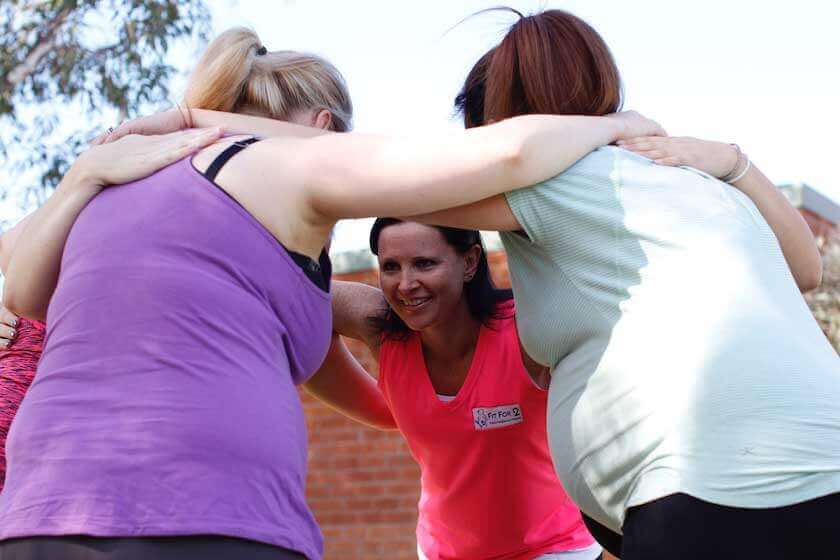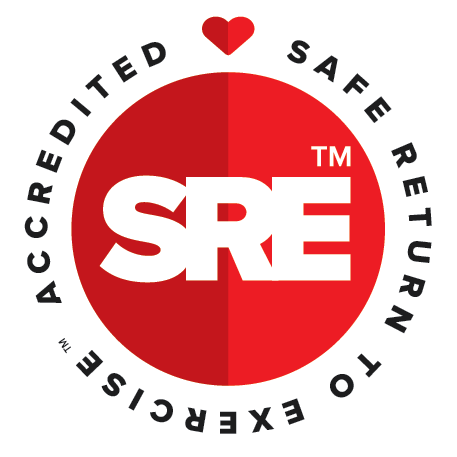How to reduce isolation post-birth

The joy of new motherhood can often be accompanied by feelings of isolation.
While motherhood is indeed a privilege and new motherhood in particular can be a very exciting time, it can also be a time when new mums feel lonely and isolated. They can feel cut off from the world around them as they grapple with the realities and demands that go hand in hand with having a young child.
Joanna Fortune, clinical psychotherapist at Solamh, says that loneliness is something that gets hugely overlooked but affects a lot of people. "It's hard for somebody to say, 'Actually, I'm a bit lonely'. But for a lot of new mums, they've gone from having support based on work, their social network, their peers and quite an independent social life where they've got lots of people and stimulation – to retreating into their house where they don't have the same contacts."
New mums are "absorbed by this new little baby, which doesn't talk back," Fortune explains. And because baby doesn't check how mum is doing, "you're giving and giving and giving and responding to demands, but your own needs are not being met for a huge part of the day. In our mother's time, when they were having babies, so too were a lot of their peers – at the same time. There was very much a community approach. The neighbours would have been involved in calling in, bringing food, checking in on you. You had a much more collaborative approach to raising children."
Isolation is a frequently mentioned and long-remembered issue for new mothers. The lack of education these days (or minimal education attended before the birth) as well as the stress first-time parents put on themselves with their work life before the baby comes, can play a major role – especially if the mother feels she needs to get back to work only six months after the baby is born.
Weekly mothers' groups organised by post-birth mothers who meet in childbirth classes or prenatal exercise classes certainly are a way to connect new mothers and to reduce isolation. However, these days, the 10 mums who come together in the beginning tend to quickly reduce to three or so as mums lose their self-motivation and will make excuses to just stay at home.
Educators in the hospital need to play a stronger role in helping new parents build support systems that are designed to diminish the experience of postpartum and new-parent isolation. They are the first mark of teaching new mums how to relieve the feeling of isolation.
Expectant parents need to be told how isolating it can be to care for an infant or young child, alone, for long hours, many days on their own. And that it is critical for mums to get out of the house on a regular basis and do activities with baby and friends and family to reduce isolation.
It is very normal for a new mother to feel isolated as they care for their infant.
So how do we reduce isolation? And, more importantly, reduce the chances of postnatal depression?
So what is Postnatal Depression?

- Up to one in six women experience postnatal depression, which develops between one month and up to one year after the birth.
- Postnatal depression is depression which occurs after the birth of a baby and is more than just the baby blues.
- Many women experience the ‘baby blues’ between the third and tenth day after giving birth, due to changes in hormone levels following childbirth. You might feel tearful or overwhelmed, but this usually passes within a few days and without any specific care – apart from support and understanding.
- All parents go through a period of adjustment as they try to handle the huge changes a new baby brings. Remember that you’re not the only ones trying to figure out how to collapse that new pram or settle a screaming baby – all new parents are in the same boat. Most people will go through a temporary adjustment as they learn the ropes and build confidence in their new role. But if you’re feeling distressed, down, sad or overwhelmed most of the time for two weeks or more, you may be experiencing depression.
- Postnatal depression can also occur after subsequent births as well.

Thanks to Kidspot for the infographic.
How can we reduce isolation and help prevent Postnatal Depression?- Tell friends and family how you're feeling. Ask them if they can call in for a coffee and a chat.
- Check out the local mother and baby/toddler groups. You're likely to meet women there at the same stage of life who are attending for exactly the same reason.
- Speak to your Maternal and Child Health Nurse (MCHN) about breastfeeding/new baby support groups that are often held in local health centres.
- Have a look at online parenting forums – they sometimes arrange group meet-ups in different locations.
- Consider an activity geared towards mums and babies such as mumma fitness with a Safe Return to Exercise Trainer, mum and baby yoga or swimming classes, or baby massage.
- Some cinemas organise baby/toddler film viewings. Go along and try to strike up a conversation beforehand.
- If you have children of school-going age, host a coffee morning for a few of the mums.
- Look into an evening activity that you enjoy, and is separate from being a mother. You never know what friends you might make along the way.
- Exercise in a class like Fit For 2 with other mums. Try to start between 6-10 weeks postpartum to start rebuilding strength and get you moving again which assists with your mental stability!
- Go for daily walks with your partner.
- Time out for mum. You need to be doing something for YOU again for your mental health and wellbeing.
- Walk with a friend or neighbour or join a class together.
- Exercise will make you feel better, increase energy stores and help heal and tone your body again to increase your confidence.
Anita Guerra runs Fit For 2 in Victoria, . Learn more about Anita and Book your Trial today.
Comments Off on How to reduce isolation post-birth
More stories by Anita Guerra
All stories by Anita Guerra
